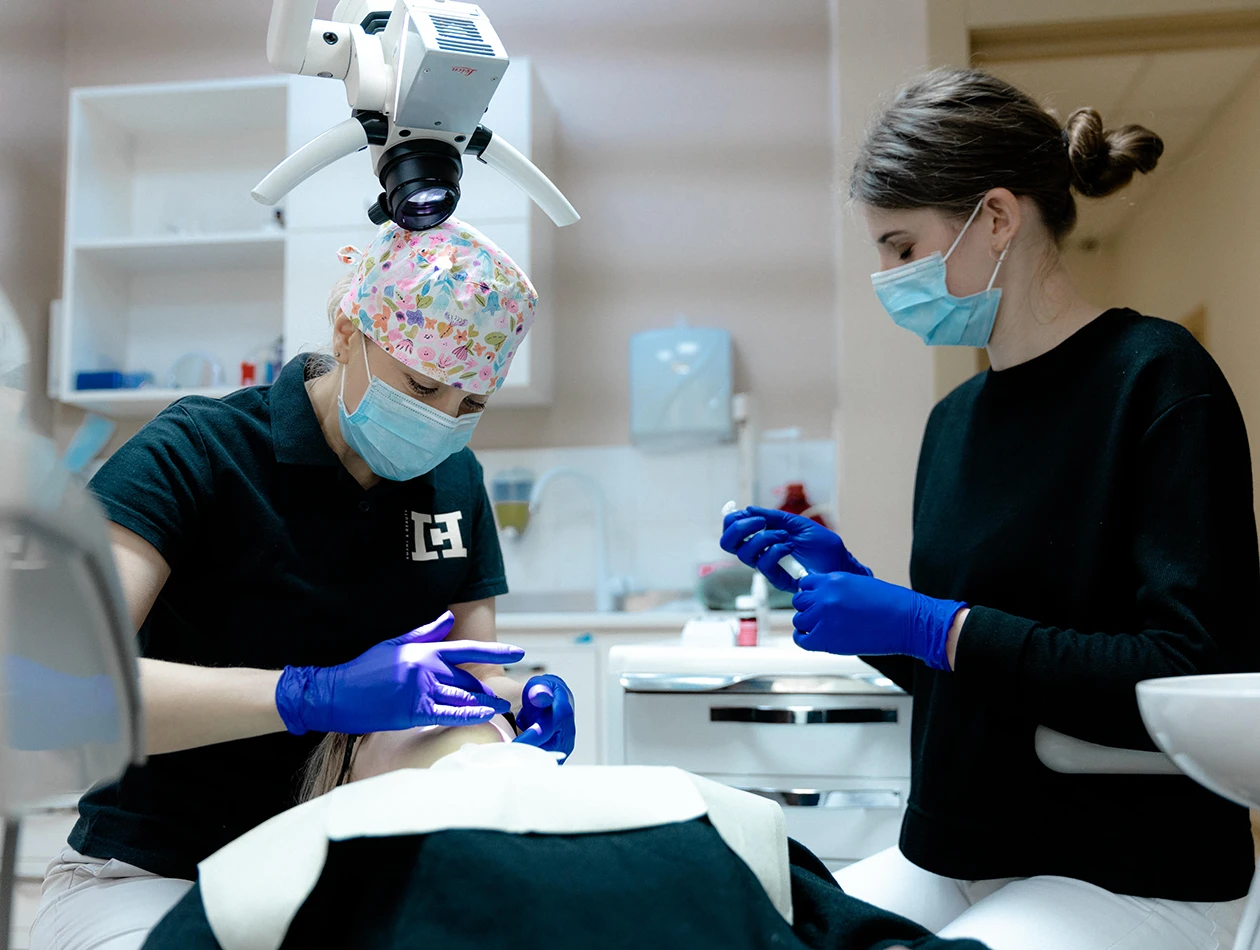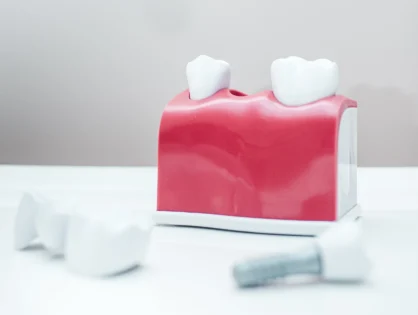Herpetic stomatitis is an infectious disease caused by the herpes virus, in which the mucous membrane of the oral cavity is affected. The acute form can cause general deterioration of health, fever, chronic form is accompanied by periodic relapses, which also worsen the quality of life. For the very first symptoms of such a disease, it is important to consult a dentist who will accurately determine the form of stomatitis, its pathogen, in order to prescribe the correct and effective treatment.
Causes and ways of transmission of herpetic stomatitis
The cause of herpetic stomatitis is infection with the herpes virus, mainly of the HSV-1 type. Infection can occur by airborne droplets, contact, with blood (during transfusion) or from mother to child during breastfeeding. If such a virus has entered the body, it is completely impossible to get rid of it, it can remain asymptomatic in nerve cells, and periodically cause exacerbation. Factors that increase the risk of developing the disease and its relapses include:
- Hypothermia
- Weakening of the body’s immune defense
- Immunodeficiency conditions (for example, when infected with HIV, after immunosuppressive therapy or chemotherapy)
- Stresses
- Diabetes mellitus
- Poor oral hygiene
- Oral mucosal injuries
- Nutritional deficiencies due to malnutrition.
If a person regularly undergoes a dental examination, this provides professional oral care and prevention of various forms of stomatitis, including herpes. The chances of timely detection of the disease and its maximum rapid cure also increase.
Main symptoms
Herpetic stomatitis is accompanied by the following symptoms:
- Rashes in the mouth in the form of bubbles that burst with the formation of erosions, ulcers on the inner surface of the cheeks, tongue, palate;
- Pain, burning and other uncomfortable sensations in the oral cavity;
- Increased body temperature;
- Enlargement of the lymph nodes under the lower jaw, on the neck;
- General weakness, headache.
Manifestations of symptoms are observed for 5–7 days, but in the case of weak immunity and in the absence of properly prescribed treatment, the development of the disease can drag on for weeks. In mild form of disease, the area of mucosal lesions is small, there is no increase in body temperature. With an average form of the disease, the lesions are multiple, the pain syndrome is more pronounced, the temperature rises. With severe form, individual vesicles merge into large spots, pain syndrome interferes with food intake, high body temperature is retained for a long time, the general condition deteriorates significantly and hospitalization may be required. Such cases can be observed in patients with immunodeficiencies. When the first symptoms of oral lesions appear, it is necessary to immediately make an appointment with a dentist or general practitioner for diagnosis and immediate start of treatment in order to prevent the development of complications.
Diagnosis of herpetic stomatitis
It is impossible to independently determine the type of stomatitis and its causative agent: there must be a professional diagnosis, which begins with an examination of the oral cavity by a dentist. Laboratory tests are appointed: blood test, smear to determine the type of infection (PCR test). The thoroughness of the examination is important because herpetic stomatitis occurs in about 80% of cases, and the remaining types of the disease are caused by other pathogens, and this information is of fundamental importance for the appointment of the correct treatment.
Methods of treatment of herpetic stomatitis
For the treatment of herpetic stomatitis, complex treatment is necessary. It includes drug therapy — the appointment of antiviral, antiseptic, painkillers, if necessary — antipyretics. To effectively combat the disease, dentist:
- Conducts professional treatment of affected areas
- Performs procedures using specialized drugs
- Provides recommendations for proper oral care, which accelerates the elimination of foci of the infectious-inflammatory process and tissue healing.
Prevention of herpetic stomatitis
Herpetic stomatitis is a rather unpleasant disease, which is better prevented with the help of simple prevention tips:
- Careful observance of the rules of personal hygiene (comprehensive recommendations will be provided by the dentist);
- Regular visits to the dentist for professional oral care and maintenance of its health, which helps to prevent relapses of exacerbation;
- Avoidance of close contacts with carriers of the virus who have an exacerbation of the disease.
Possible complications
Without proper treatment, herpetic stomatitis can lead to complications such as:
- Bleeding ulcers in the oral cavity;
- Herpetic myocarditis (spread of infection to the heart muscle);
- Herpetic meningoencephalitis (infection in the membranes of the brain);
- Attachment of secondary bacterial infection (in particular, an article by Israeli doctors from the Schneider Children’s Medical Center describes the case of Staphylococcus aureus bacteremia as a complication of herpetic stomatitis in a child who had previously undergone liver transplantation).
If other disturbing manifestations (disturbances of the heartbeat, vomiting, convulsions, etc.) are added to the symptoms of herpetic stomatitis, you should immediately consult a doctor.
Frequent questions about herpetic stomatitis
Can I visit a dental clinic during an exacerbation?
A dental clinic should be visited if there are symptoms of stomatitis — to diagnose and treat this disease. However, filling, removing teeth or carrying out other manipulations during exacerbation is contraindicated.
How long does the treatment of herpetic stomatitis last?
In the case of proper treatment, it is possible to eliminate the manifestations of herpetic stomatitis in 5–7 days. Severe form has a much longer duration — up to several weeks.
Is herpetic stomatitis contagious to other family members?
Yes, herpetic stomatitis can be transmitted by airborne droplets and by direct contact.
How to distinguish aphthous stomatitis from herpetic?
Lesions in aphthous stomatitis appear to be round and even, with herpetic -have an irregular shape, can merge with each other. However, do not rely on external manifestations, for accurate diagnosis it is necessary to consult a dentist.
What should be eliminated if you have a stomatitis?
With stomatitis, it is contraindicated to eat raw fruits, vegetables, berries, spicy, salty dishes, sweets, as well as drink alcoholic beverages. You also cannot choose medications at your own discretion (in particular, use antibacterial agents), since only a dentist can prescribe the correct treatment.
Herpetic stomatitis: the essentials
Herpetic stomatitis is characterized by lesions of the mucous membrane of the mouth in the form of vesicles, in the future — erosion. In the presence of concomitant diseases, there is a probability of developing a severe form of the disease. For diagnosis, it is necessary to contact a dentist who will establish the diagnosis based on the examination and the results of the tests and prescribe the correct treatment. To prevent the development of the disease or its exacerbation, you need to properly care for the oral cavity, visit a dental clinic for timely treatment of diseases and prevention, do not contact infected people.




